My Ethics, Your Ethics, and the Dilemma Between
Part 3
Most adults who have achieved a certain level of maturity have a well-developed set of cultural values and a preferred decision-making ethic, whether or not they are aware of those paradigms within themselves. I am no different. As a Christian professor at a secular community college I am comfortable with my established worldview. However, my current class of nursing students, who are foreign trained professionals from many countries around the world, are helping me reevaluate my paradigm.
In a class on ethics I used as an example the timeworn question, “What would you do if someone asked you, as the nurse, to baptize their baby?” The scenario is that the baby is imminently dying and the parents are afraid the priest won’t arrive on time to baptize it, and the baby will not go to heaven, so they ask the nurse to baptize it quickly. Nurses are encouraged to assist people to carry out their religious rituals where possible. During the discussion, one of the students mentioned that they couldn’t really answer the question because they had no idea what baptism was! OK! Back up the bus! I have made an assumption out of my cultural background that everyone would understand this scenario. I am challenged daily to think about examples that can be used when the group’s cultural backgrounds are so varied.
You should have seen how shell-shocked these poor people looked after our class on spirituality, death, grief, and laws around consent and refusal to treat. In one two-hour span we wandered around religion, faith, death, questioning God, suicide, brain death, organ donation, what to do with a body after death, declarations of incapacity, powers of attorney, and DNRs. I think I have removed any doubt in their minds that Canadians are heathen! Oh, how I’d love to have time to hear all their perspectives on these things! Really, which option demonstrates care for a family member best? To tell them the truth about their medical condition, or to shield them from the truth and let their family make decisions? I vote for the most astute student who said, “If Canadians are so concerned about autonomy in decision-making, I would think they would at least keep their Powers of Attorney up to date!” The idea about family coming to view a body before it is removed to the funeral home just didn’t sit for some of them. The doozy of the day for me was “What is the difference between a spirit and a soul?” It would take considerable time to explore even a frame of reference that could be used to begin answering that one!
One of the differences in cultural values we teachers battle with all the time is working with students from more collectivist cultures. What do we do when a concern for the group and cooperative achievement are more important than the competition and individual achievement our educational system is built on? It is easy for me with my cultural value system to say students who share work are cheating. I can even quote scripture to support my position ethically. However, this group challenges me to ask, is scripture not just as supportive of an ethic of putting the welfare of others ahead of individual achievement? Is my way really the high road?
Another thing I find challenging is communicating with students who are working from a whole different set of communication rules and power structure expectations than I am. When a student says to me, “Do you know who I am? I could purchase your entire college if I wished to!” am I to understand that the proper response is to grant the student the desired grade or credential based on wealth and position? Or what about students who understand an assigned grade as the first offer in a bartering process? I am no good at bartering grades! And what about the remainder of the class who don’t know they should barter? I have an ethic about treating all students as equally as possible! Or what about a student who begins with flattery and ends with begging and prostration on the ground before me to obligate me to give them what they want since they have so honored me? Relationships ought to trump some arbitrary rule about a passing grade after all! Isn’t God’s economy all about loving people? Oh, where is the well-developed “one-size-fits-all” paradigm I thought I had now?
As I navigate this world that is opening my ethnocentric eyes a bit, I still refer to God’s Word to help me decide what is right or wrong, but I am a little quicker to assess whether or not my initial responses are perhaps purely culture bound. I am a little more open to considering where my views originate and to let that inform my interactions. And I am happy to discuss what is going on when I am confused. I want to see what I can learn.
Tags:
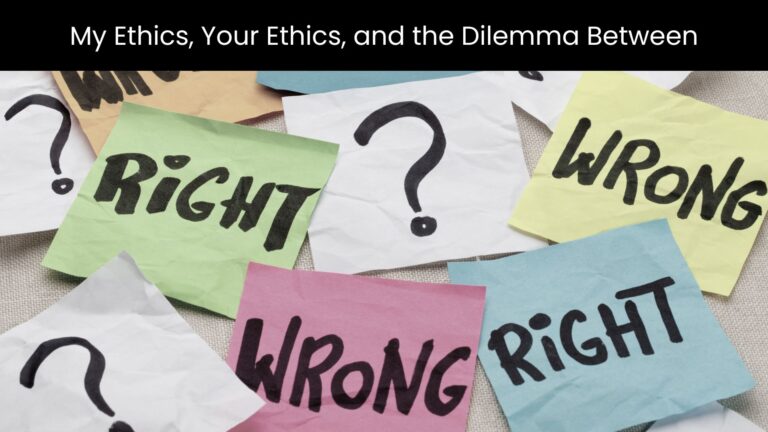



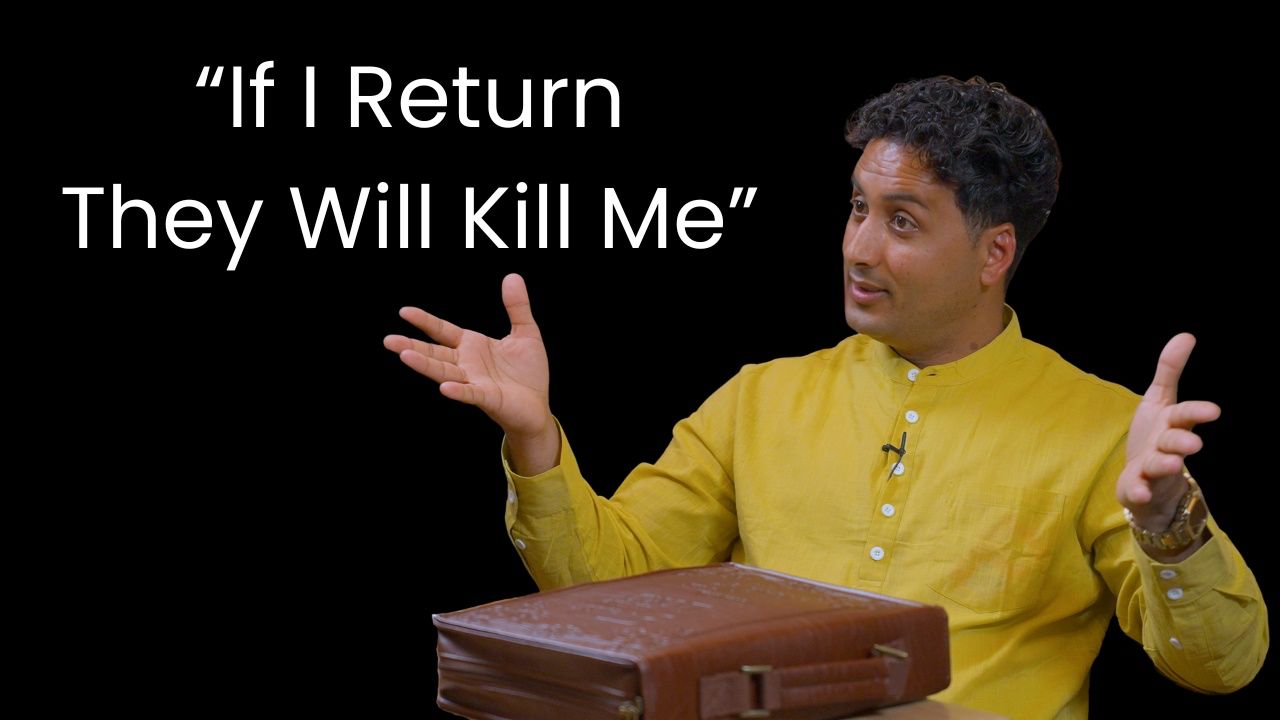
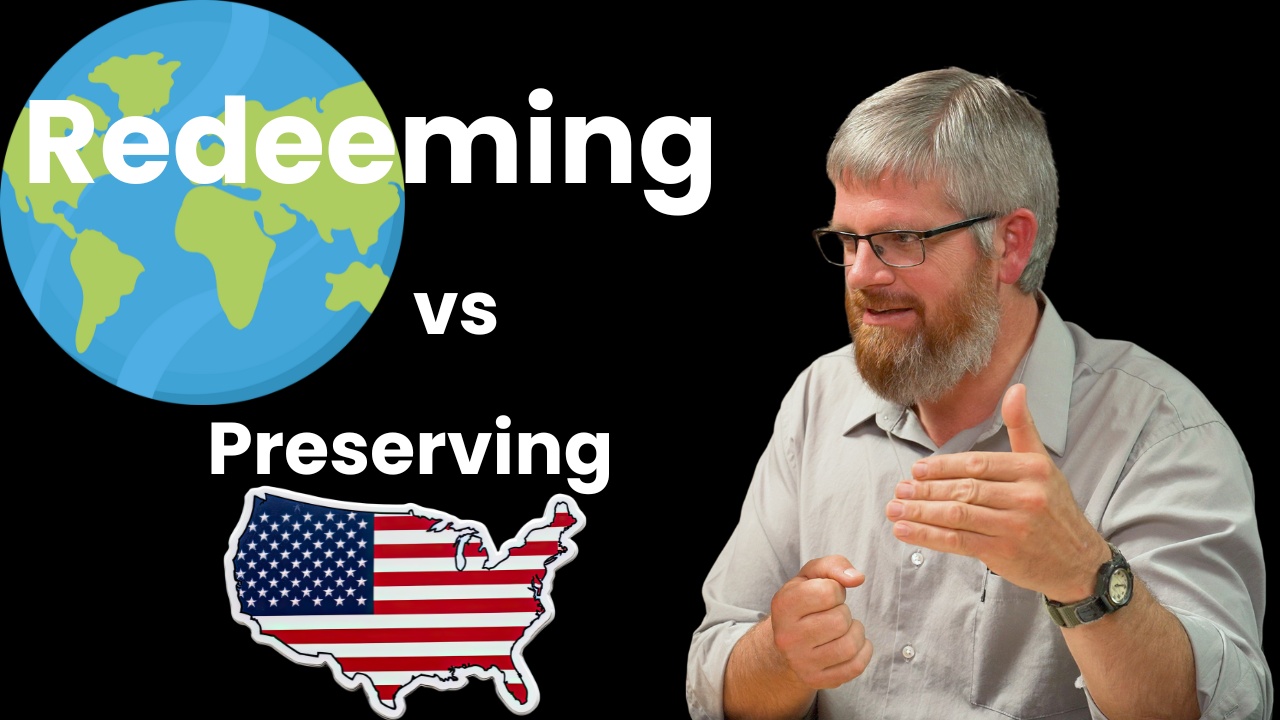
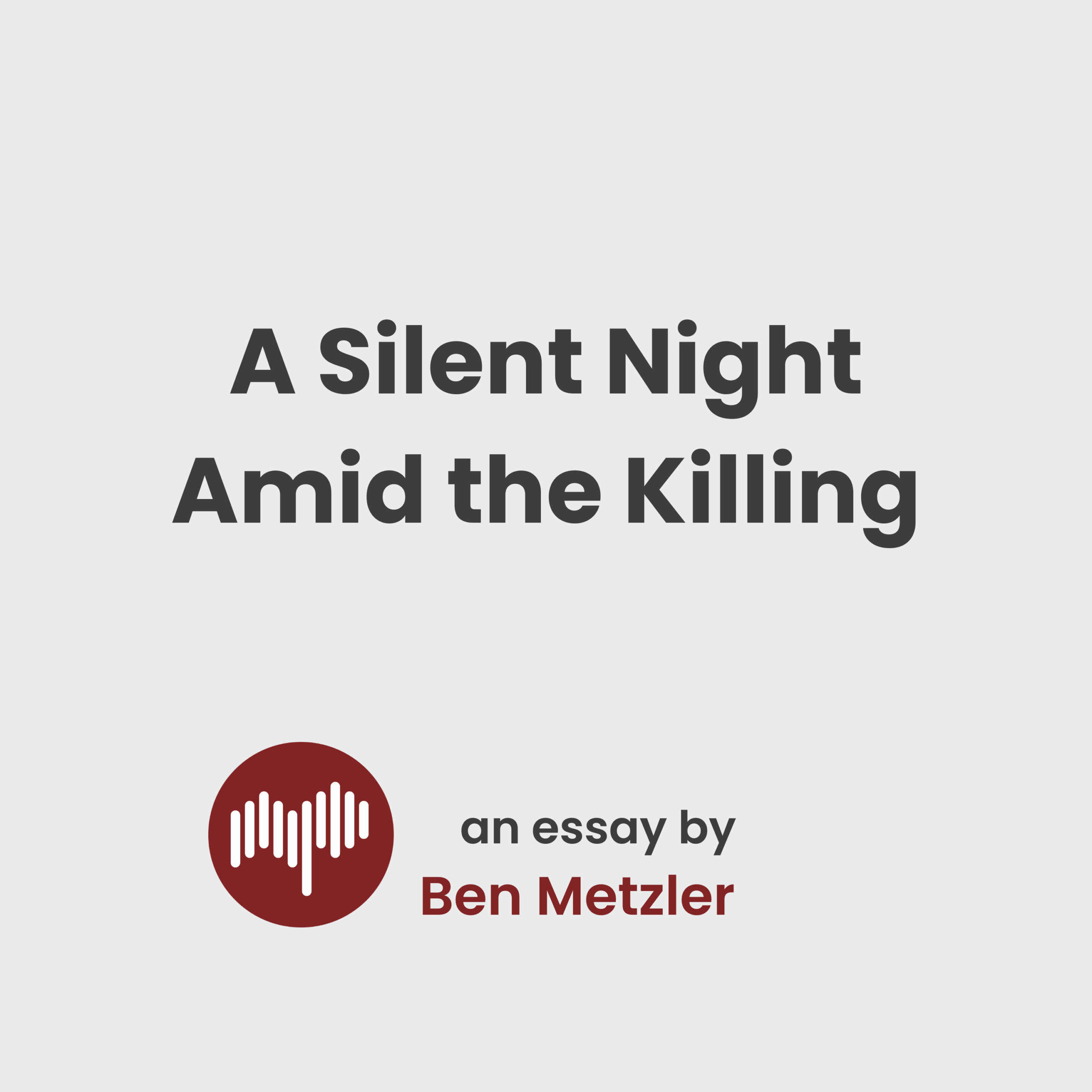
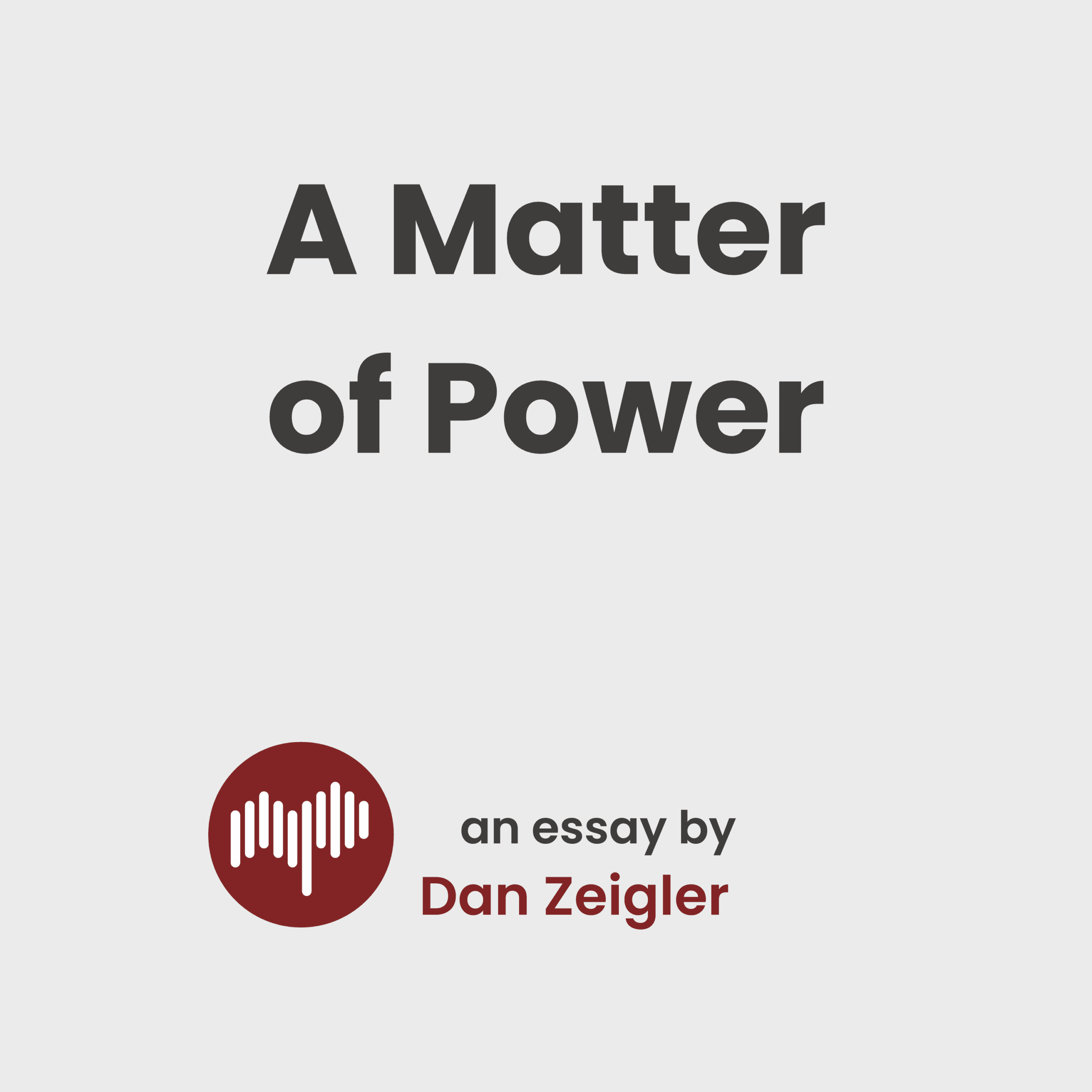
Leave a Reply